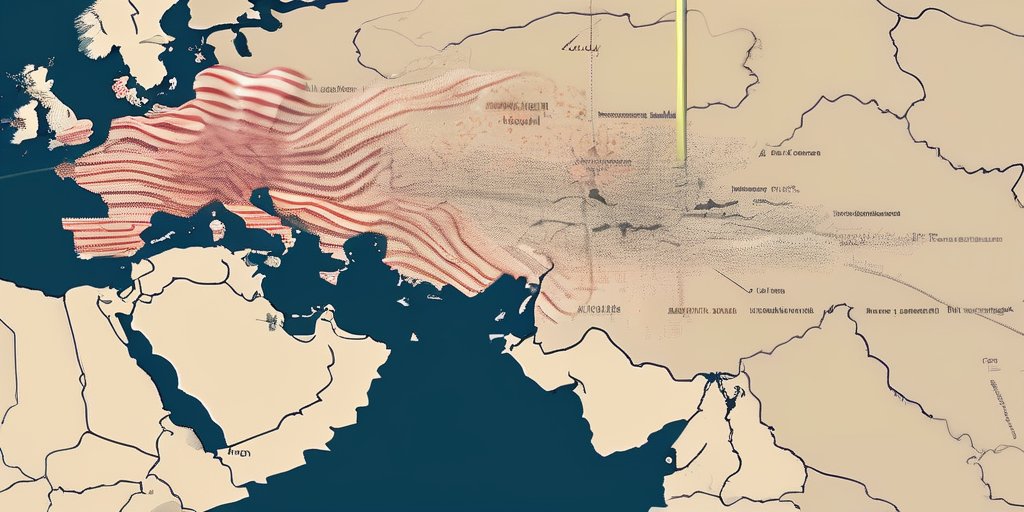In a significant escalation of military actions, President Donald Trump authorized airstrikes on three Iranian nuclear sites over the weekend, raising eyebrows among Democrats and some lawmakers from his own Republican Party regarding his legal authority. Just recently, Trump announced a ceasefire between Iran and Israel, the specifics of which remain unclear, adding another layer of complexity to ongoing geopolitical tensions.
Legal experts have pored over the authority granted by the United States Constitution, dissecting Articles I and II, which address war powers and presidential authority. Article I grants Congress the power to declare war, while Article II designates the president as the Commander in Chief of the armed forces. Sources within the White House assert that the justification for these strikes falls under the president’s prerogatives as outlined in Article II.
Constitutional experts appear divided on this issue. Some affirm that Trump had the necessary authority to proceed with the strikes as a measure of national defense. However, one scholar contested this view, arguing that there was no immediate attack to justify such military action.
Looking at historical precedence, previous administrations have conducted military operations without explicit Congressional approval. For instance, former President Barack Obama initiated airstrikes in Libya while citing similar constitutional justifications.
As the dust settles on this latest military action, the debate surrounding presidential war powers continues to spark intense discussion across the nation, questioning the balance of powers and the implications for future military engagements.
